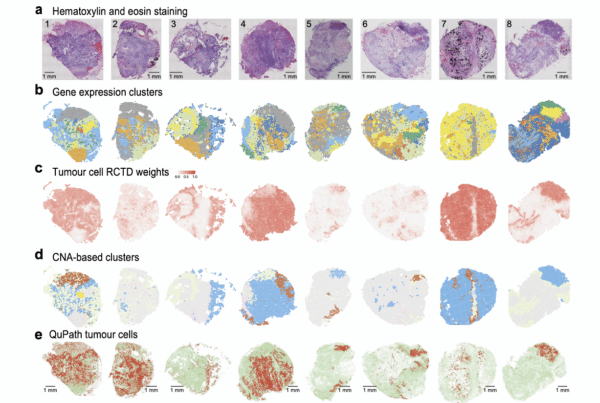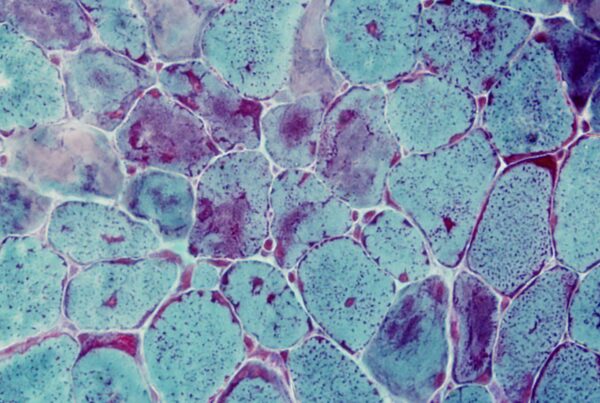“Google map” of ovarian tumours reveals cancer cells control who gets into their neighbourhood
Read More
The Rare Disease Genetics and Functional Genomics Research Group works to identify and understand the genetics underlying rare diseases. The Group has a particular focus on the genetics of severe and early-onset diseases, in particular neuromuscular diseases. Prior to an accurate genetic diagnosis, families and patients are in the dark. They do not know what is causing the disease, what the risk of recurrence is and what the prognosis might be.
These severe diseases often result in the child’s death before birth or in the first years of life. Those who survive have severe disabilities. For families, the anguish is beyond words. Often, there is no family history of the condition, and no known disease-causing genetic variant. It is estimated that ~50% of patients remain without a molecular diagnosis.
Making the genetic diagnosis is the turning point for these families. It provides them with answers; it provides options around family planning; it enables precision medicine. It also enables them to find their “genetic village”, others who have been similarly affected: a source of great comfort and support. It can spare families the heartache of having another affected child if they wish.
The Team receives samples from patients across Australia and overseas and works closely with clinical specialists, including neurologists, paediatricians, pathologists and geneticists. A wide range of approaches are used to identify novel disease genes and genotype-phenotype expansions including exome sequencing, whole genome sequencing, RNA-seq (including single cell and single nuclei). Functional validation of candidate variants includes RNA studies, protein studies and cell-based assays (including CRISPR-mediated gene editing). Studies in model organisms are performed via collaborations with world experts working on zebrafish and mouse models of human disease.
The Research Team also works incredibly collaboratively with Diagnostic Genomics at PathWest, the Australasian Referral Centre for the genetic diagnosis of neuromuscular diseases. This collaboration allows for rapid translation of research findings into diagnostic testing and synergies between diagnostics and research.


